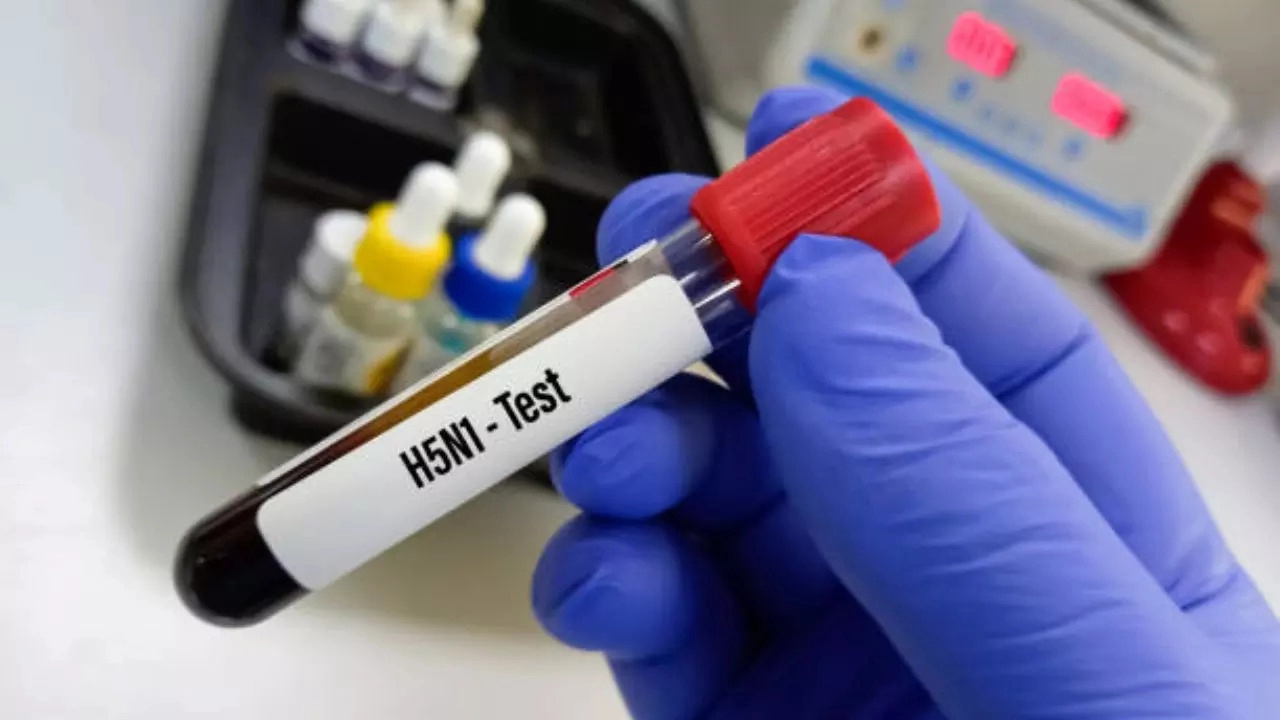Pallavi Mehra • 05 Aug 2024
Cambodia Reports Fresh H5N1 Bird Flu Case: Know Tips To Stay Safe

Cambodia Reports Fresh H5N1 Bird Flu Case (Image Credits: iStock)
A new case of H5N1 bird flu has been confirmed in a four-year-old boy from Svay Rieng province in southeast Cambodia, marking the eighth human case in the country since the beginning of 2024, according to a statement from the Ministry of Health. Laboratory tests conducted by the National Institute of Public Health on Tuesday confirmed that the boy was infected with the H5N1 virus.
The child, who resides in Chhrong Popeal village in Romeas Haek district, exhibited symptoms such as fever, cough, dyspnea, and drowsiness. He is currently recovering under intensive care provided by a team of doctors, as reported by Xinhua news agency.
The statement revealed that around 12 days before the boy's illness, numerous chickens and ducks in his village and household died. The boy's family cooked these dead birds for food, leading to his direct contact with the infected poultry. Health authorities are now investigating the source of the infection and monitoring anyone who may have come into contact with the infected child to prevent a potential outbreak.
Of the eight H5N1 bird flu cases reported in Cambodia this year, seven involved children, including one fatality, and one case involved an adult. All cases had a history of recent exposure to sick or dead poultry. The H5N1 influenza virus typically spreads among sick poultry but can occasionally jump from birds to humans, posing a serious public health risk. Health officials are continuing to monitor the situation and implement measures to prevent further transmission.
Tips To Stay Safe from H5N1 Bird Flu
Staying safe from H5N1 bird flu requires taking precautions to avoid exposure to the virus, particularly in areas where outbreaks have occurred. Here are some essential tips:
- Avoid Contact with Poultry: Do not handle live or dead birds, especially if they appear sick. This includes avoiding markets where live poultry is sold.
- Cook Poultry Thoroughly: Ensure all poultry and eggs are cooked to an internal temperature of at least 165 degrees F (74 degrees C). Avoid consuming undercooked or raw poultry products.
- Practice Good Hygiene: Wash your hands thoroughly with soap and water after handling poultry or eggs. Use hand sanitiser if soap and water are not available.
- Use Protective Gear: If you must handle birds, wear protective clothing, gloves, and masks to reduce the risk of infection.
- Monitor Symptoms: Be aware of symptoms such as fever, cough, and difficulty breathing, especially after exposure to birds. Seek medical attention if symptoms develop.
- Stay Informed: Follow public health advisories and updates from health authorities regarding H5N1 outbreaks and vaccination recommendations.
Get Latest News Live on Times Now along with Breaking News and Top Headlines from Health and around the world.